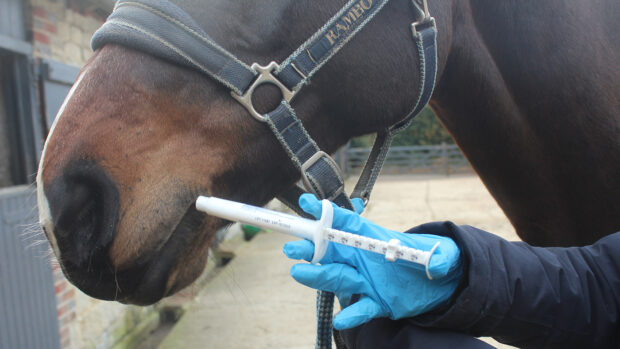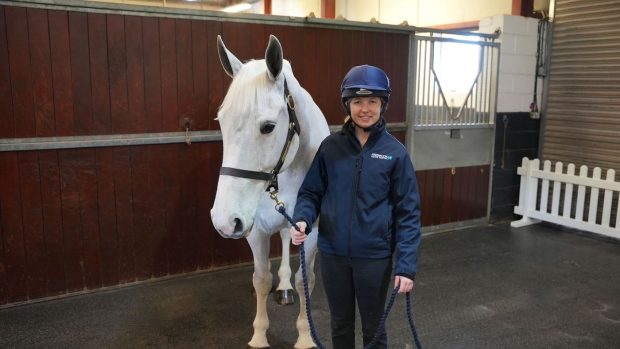The growing threat of resistance problems with horse wormers is worrying vets.
The British Veterinary Association (BVA) is asking vets to take “urgent and essential” action to stop parasites becoming resistant to wormers.
The organisation has launched a poster containing the “powerful message” that to slow resistance, worming treatment must be targeted and based on veterinary diagnosis.
Owners are being asked to stop treating their horses at intervals during the year.
Instead, they are asked to use faecal egg counts to ensure only horses that have a parasite are wormed, and that the most appropriate drug is used.
Owners are also being warned not to estimate a horse’s bodyweight — as underdosing is a major factor in building resistance.
The BVA’s Peter Jones said: “Every use of anthelmintics [wormers] increases the risk of resistance and vets have a duty to ensure their use is judicious.”
The British Equine Veterinary Association (BEVA) plans to research the extent of resistance among horse worms and what can be done to ease the problem.
“There are no new products being developed at present, which means we must use our existing drugs carefully,” said BEVA’s Chris House.
“We now advocate worming strategies based on the use of pasture management including poo-picking and rotation of grazing and testing horses.”
He also said wormers need to be chosen carefully to avoid those with known and growing resistance problems.
“Developing properly organised parasite control on pasture is important, rather than relying on constant medication as the sole means of achieving this,” he added.
• For more, visit www.bva.co.uk
This article was first published in Horse & Hound (28 January, ’10)




